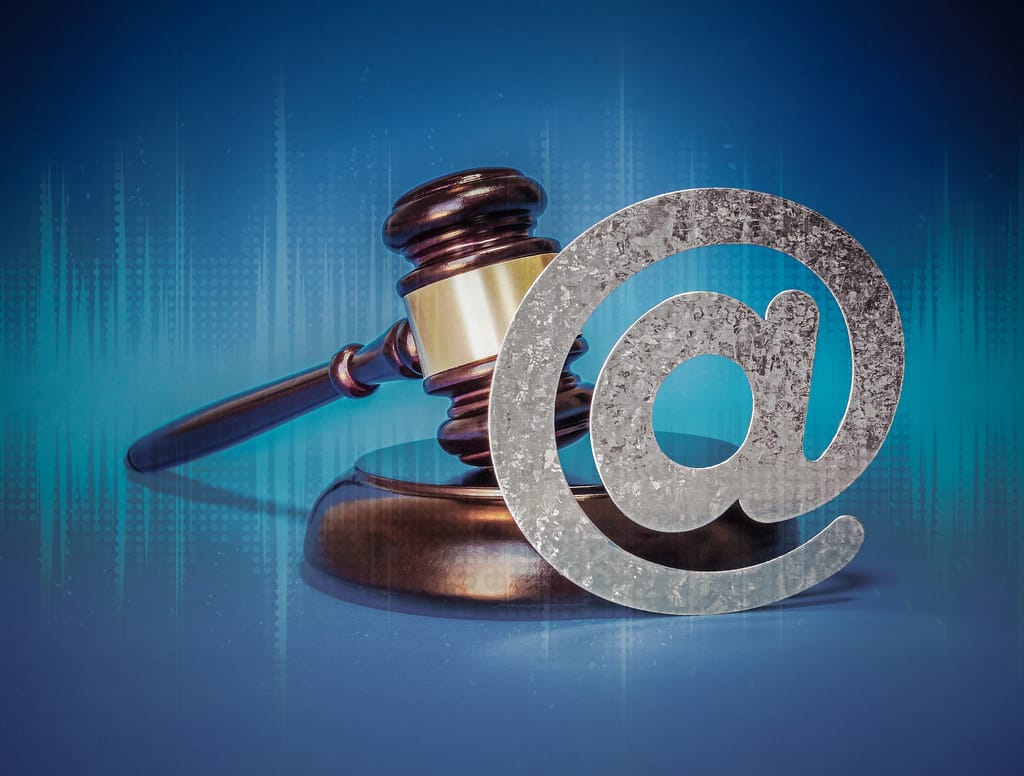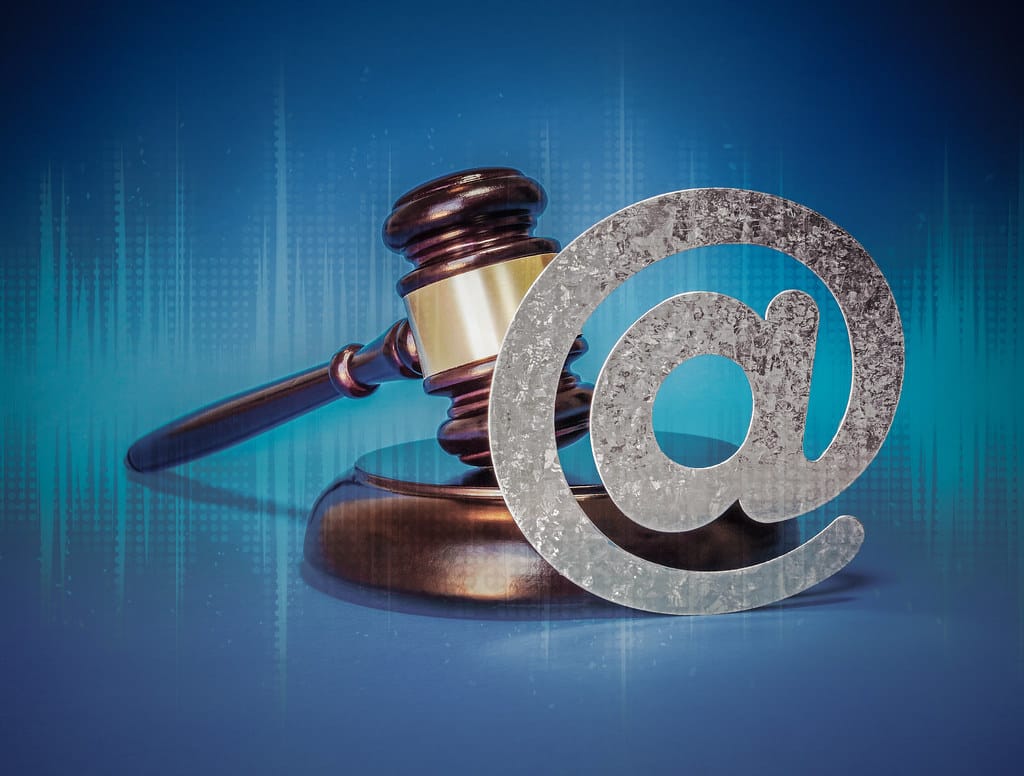New Senate Bill Targets Pirate Websites with Controversial "Block BEARD" Legislation
A bipartisan group of US senators has introduced sweeping new legislation that would grant courts unprecedented power to block access to websites hosting pirated content, reigniting the heated debate over internet freedom versus intellectual property protection that first exploded during the SOPA-PIPA battles of 2012.
What is Block BEARD?
The "Blocking Enhanced Access to Rogue Domains" (Block BEARD) Act, introduced by Senators from both parties, would establish a streamlined legal process for copyright holders to obtain court orders requiring internet service providers to block access to websites "primarily designed" for copyright infringement. Unlike previous legislative attempts, Block BEARD includes what sponsors call "enhanced due process protections" and a more targeted approach to enforcement.
The bill specifically targets websites that meet three criteria:
- Derive revenue primarily from infringing content
- Demonstrate a pattern of ignoring takedown requests
- Operate with the primary purpose of facilitating copyright infringement
Industry Support and Concerns
Entertainment Industry Backing
Major Hollywood studios and record labels have thrown their support behind the legislation, citing billions in annual losses to piracy. The Motion Picture Association estimates that online piracy costs the US economy over $29 billion annually and eliminates approximately 230,000 jobs across creative industries.
"Rogue websites operating outside US jurisdiction have created a whack-a-mole problem that traditional enforcement can't solve," said a spokesperson for the Recording Industry Association of America. "Block BEARD provides courts with the tools they need to protect American creativity and innovation."
Tech Sector Pushback
However, major technology companies and digital rights organizations are already mobilizing opposition, drawing parallels to the controversial Stop Online Piracy Act (SOPA) that was shelved in 2012 after massive public protests.
The Electronic Frontier Foundation warns that the bill's language could be interpreted broadly enough to threaten legitimate websites. "Any platform that allows user-generated content could potentially be targeted under this legislation," said EFF attorney Corynne McSherry. "The due process protections sound good on paper, but they don't address the fundamental problem of prior restraint."
Key Provisions and Safeguards
Unlike SOPA, Block BEARD includes several provisions designed to address previous concerns:
Due Process Requirements
- Website operators must receive advance notice of proceedings
- A mandatory 10-day response period before any blocking order
- Regular review requirements for active blocking orders
Limited Scope
- Applies only to websites "primarily" engaged in infringement
- Excludes platforms with substantial non-infringing uses
- Includes safe harbors for legitimate cloud storage and hosting services
Appeals Process
- Website operators can challenge blocking orders in federal court
- Expedited review for erroneously blocked sites
- Monetary penalties for false or misleading blocking requests
International Implications
The legislation comes as other countries implement their own site-blocking regimes. The United Kingdom has blocked access to over 400 piracy-related domains since 2012, while Australia's site-blocking framework has resulted in ISPs blocking hundreds of websites since 2016.
Supporters argue that without similar tools, the US risks becoming a haven for piracy operations that harm both domestic creators and international trading partners. Critics counter that American leadership on internet freedom issues could be undermined by adopting censorship mechanisms similar to those used by authoritarian regimes.
The Road Ahead
The bill faces an uncertain path through Congress, where previous anti-piracy legislation has struggled to balance competing interests. With major tech companies already mobilizing opposition and digital rights groups preparing campaign efforts, Block BEARD will likely face the same coalition that defeated SOPA over a decade ago.
However, the entertainment industry argues that the landscape has changed significantly since 2012, with streaming services demonstrating that consumers will pay for content when convenient legal alternatives exist. They contend that remaining piracy operations represent truly bad actors that harm legitimate businesses.
Key Takeaways
The introduction of Block BEARD marks a renewed push by content creators to combat online piracy through legislative means. While the bill includes more safeguards than previous attempts, it still faces significant opposition from technology companies and digital rights advocates who view any site-blocking mechanism as a threat to internet freedom.
The debate ultimately centers on whether courts can be trusted to distinguish between legitimate platforms and bad actors, and whether the economic benefits to content creators justify the potential risks to online expression. As the bill moves through the legislative process, expect intense lobbying from both sides and significant public attention to this latest chapter in the ongoing battle over internet governance.

